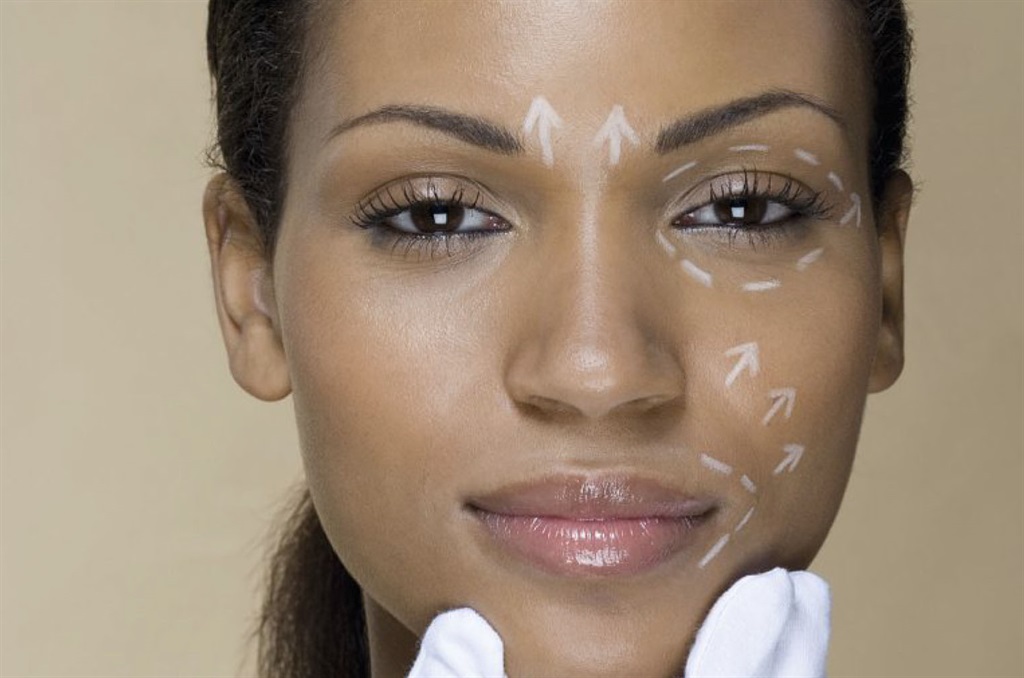
- In light of the boom of cosmetic surgeries in Africa, we speak to Dr Deon Weyers, who shares the pros and cons of going under the knife.
- The board-certified reconstructive and plastic surgeon notes what questions you should ask when choosing a surgeon for a cosmetic procedure.
- Dr Deon also shares that cosmetic surgeons help identify when someone has an unhealthy obsession with changing their appearance (body dysmorphia and plastic surgery addiction).
Cosmetic surgery is booming in Africa, with surgeons seeing a surge in demand following the trend seen in other countries.
We speak to Dr Deon Weyers, a board-certified reconstructive and plastic surgeon based in Fourways, Johannesburg, who gives us the pros and cons of going under the knife.
1. What are the most popular cosmetic surgery procedures among African (Black) women?
The most popular would definitely be body-contouring procedures. These improve the contours of the body, and they include liposuction and excision procedures with or without fat transfers. So, to clarify what this means, liposuction involves small incisions hidden in discreet areas such as skin creases/folds and/ or hidden by undergarments, to remove unwanted fat by means of “suctioning it out”.
READ MORE | Digital dysmorphia is on the rise - women share how they are navigating this phenomenon
This fat can then be processed (rinsed and manipulated to obtain intact fat cells) and used as a filler for other body areas such as the face, buttocks, breasts, hips and calves. This is then referred to as a fat transfer (fat being removed from one area and placed in another area). Excision procedures just refer to procedures where tissue (skin and fat) is physically cut away to achieve a contour improvement – a tummy tuck is the most common example of this type of procedure.
Further to this are breast-enhancing procedures such as breast augmentations (by means of fat or implants), breast lifts or breast reductions. These are by far the more popular surgeries.
Facial surgical procedures are less common because darker skin tones age relatively slowly compared to other skins. Sun exposure is the leading cause for accelerated ageing. Melanin protects to a large extent against the damaging effects of ultraviolet radiation, so face-lift surgery is quite uncommon in Black women when compared to Caucasians.
Obviously, this is a generalisation and each patient needs to be evaluated individually, but this gives an idea of the main focus areas for cosmetic surgical procedures for Black women.
2. What considerations must one make before embarking on cosmetic surgery?
The downtime associated with the procedure. For example, there’s typically six weeks of swelling after body-contouring procedures, and wearing a medical body suit 24/7, because swelling is significant during that time.
The anticipated level of discomfort. The need to be on pain medications, with some interference or disruption in normal life. The patient may not be able to exercise or attend to other work commitments. This is temporary, but needs to be considered.
Risk of complications. For example, deep vein thrombosis (DVT) and pulmonary embolism can occur with a tummy tuck. It’s very rare, but it can happen, especially in certain patients who have an existing medical history for these conditions, as they’ll be at greater risk.
This should be discussed during the consultation. Remember, complications can occur: any surgeon who says that there are no complications with this kind of procedure is either not telling the truth or doesn’t do a particular surgery often enough.
The long-term implications. For example, with breast implants, expect future surgeries to replace old implants when they reach the end of their “lifespan” (typically 15 years, although many patients retain silicone implants for longer with no problems). Consider future pregnancies – why undergo a body-contouring procedure if you plan to fall pregnant in the near future and you know that your body is likely to change?
The same must be said regarding weight – being closer to your goal weight prior to these surgeries is advised, as, once again, weight loss or gain in the future will affect the result.
Scars. Any cosmetic surgical enhancement comes with a trade-off. You’ll say goodbye to the stretch marks, or saggy and loose skin in the lower tummy, but you must accept the scar in the lower abdomen (below the undergarment line). Scars are permanent.
Expectations. Firstly, cosmetic surgery is a process. Some aspects of the result can be appreciated quite soon after the procedure, but realistically, the results of most surgical procedures can only truly be evaluated after six months to a year. Also, everyone’s body is unique, with its own history that brought it to the point where it is now.
There can be some attributes in others that you admire and would aspire to have, but you will never look exactly like the friend, influencer or celebrity you look up to.
Travel. Your plans and flights could be delayed for a while.
Self-esteem. Then, body image and self-esteem should also be considered. Cosmetic surgery is not a plaster for underlying body-acceptance issues. Surgery may boost confidence where enhancements bring about a justified improvement in cosmetic appearance, but this should be combined with a healthy, positive body image.
3. What questions should a patient ask before choosing a cosmetic surgeon for a procedure?
Are they a qualified surgeon? Did they specialise at a reputable institution recognised by the Health Professions Council of South Africa and do they (in South Africa) belong to the Association of Plastic, Reconstructive and Aesthetic Surgeons of Southern Africa? How often does the surgeon do the procedure in question – and do they have testimonials or patient references, or before and after pictures to share?
Be comfortable with your surgeon and feel confident that they sincerely understand your concerns and desires. If possible, get additional opinions from other surgeons.
READ MORE | PICS | Lesedi Matsunyane shows off hot new post-surgery body
4. What are the pros/cons of surgery?
Pros: Cosmetic enhancements can boost self-confidence. Restoring the body’s appearance so that it is more youthful or looks the way it did in pre-pregnancy times, for example, can motivate patients to maintain or further improve their result by keeping them on the straight and narrow with regard to diet and exercise.
With procedures such as breast reduction, there is the improvement in appearance and function – less strain on the back, less tension on the shoulders and indentations from bra straps, and patients are more mobile, giving them more freedom to be active.
Cons: There are risks to be considered: anaesthesia and surgical compilations can occur. Then there is the downtime and recovery period; the scars, the permanency and the impermanency of results, and the costs involved.
5. How do cosmetic surgeons help identify someone who has an unhealthy obsession with changing their appearance (body dysmorphia and plastic surgery addiction), and a person who wants to simply enhance their features?
We assess this during the consultation, and according to the answers patients provide on their consultation questionnaire. This explores the following:
Focus areas will be to determine how preoccupied the individual is with a specific ‘flaw’ or body area.
How many times a day does an individual think about the specific concern? And have they perhaps undergone a procedure for the same concern in the past?
Patients with Body Dysmorphic Disorder (BDD) also often have other psychological or psychiatric problems such as depression and substance abuse. It is important to assess the patient’s expectations and determine whether they are realistic and achievable
When patients are obsessed with looking like someone else (such as a celebrity or other person), or when they wish to look completely different and not like themselves, this also points to body dissatisfaction or dysmorphia. These cases would warrant an opinion from a therapist.
Don't miss our top stories, sign up to the TRUELOVE newsletter now!











